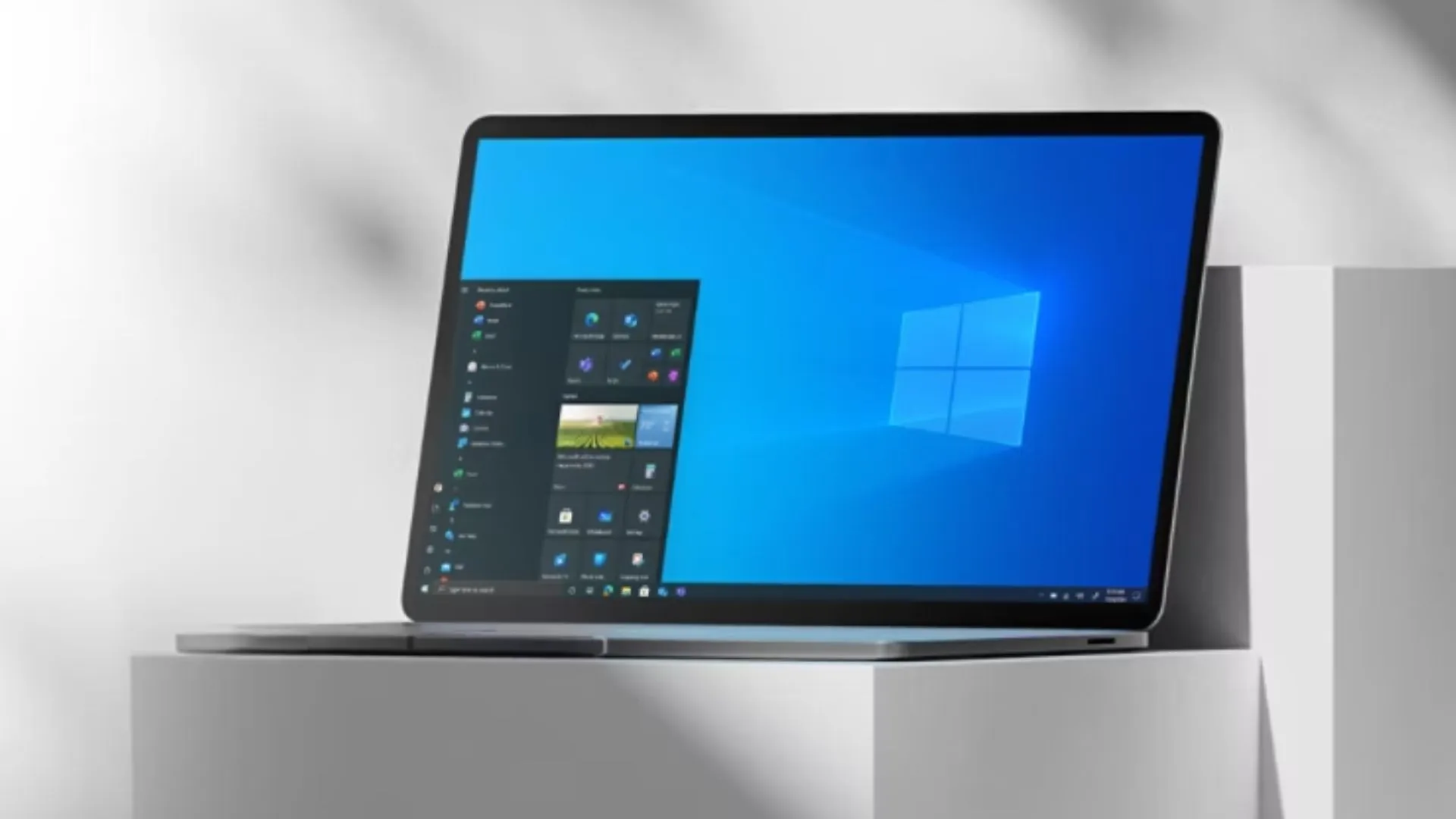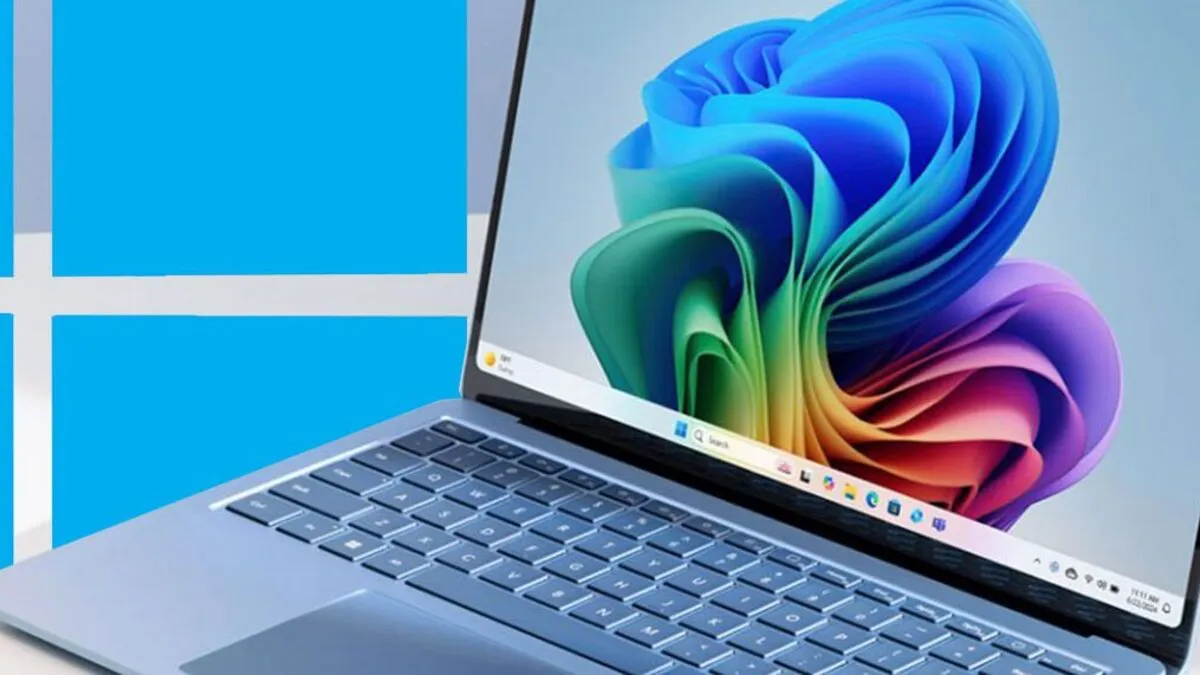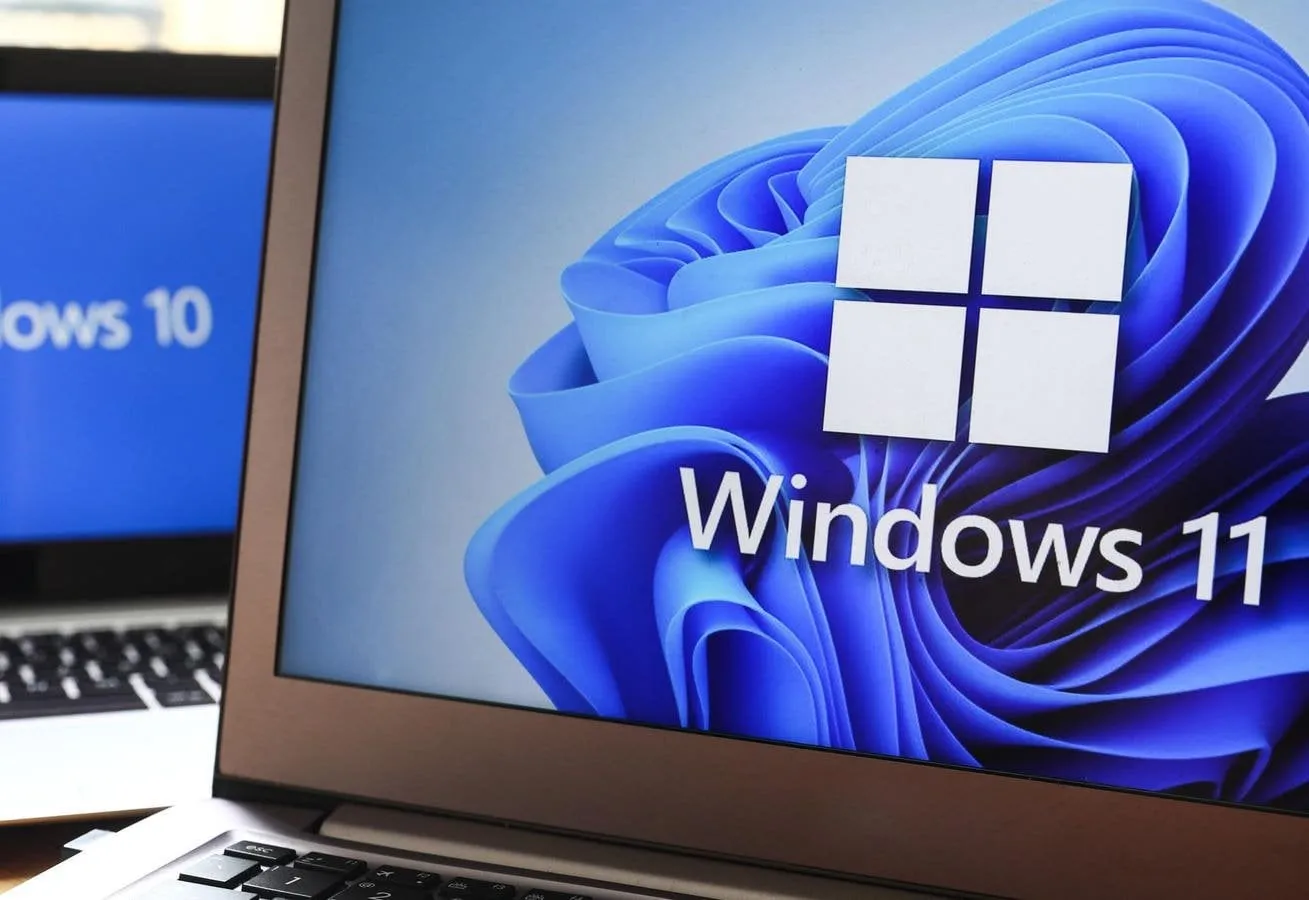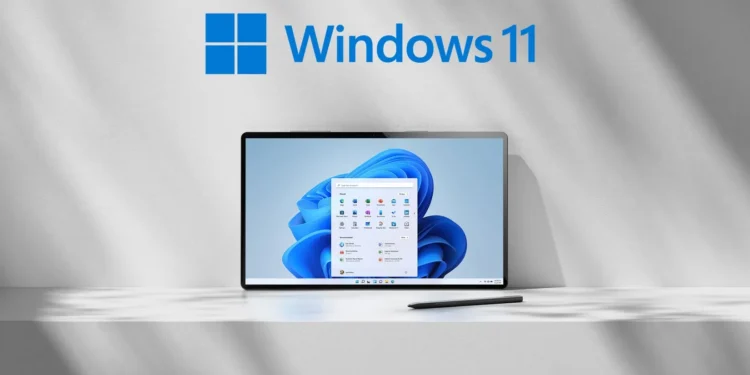For long-time Windows 10 users, the path forward has seemed unclear. With an October deadline looming, many face the decision to upgrade their hardware, pay a fee to extend their current setup, or venture into the potentially unstable territory of Windows 11 on unsupported devices. This last week, however, has seen these options narrow dramatically as Microsoft clamped down on unofficial upgrade paths.

Microsoft’s New Directive
Originally, a Registry tweak seemed like a lifeline for those with older PCs. This workaround, briefly sanctioned through Microsoft’s official support documentation, suggested a method to bypass hardware restrictions. Yet, this guidance was abruptly removed, leaving users in a lurch. A software tool known as Flyby11, which also facilitated these unofficial upgrades, was similarly blocked by Microsoft, further complicating the scenario.
In a recent update, a Microsoft spokesperson clarified, “Windows 11 minimum system requirements remain unchanged.” The message was unequivocal: those who have installed Windows 11 on devices that do not meet these requirements should revert to Windows 10 immediately. The risk of running an unsupported version seems to outweigh the benefits as Microsoft tightens its oversight.

Implications of Ignoring Microsoft’s Advice
Ignoring Microsoft’s advice could leave users with unstable systems and unsupported software. The company’s updated support document underlines the unchanged system requirements for Windows 11 and explicitly advises against using workarounds like the Registry tweak, which have now been removed from guidance documents.

What This Means for Windows Users
For those with compatible PCs, the upgrade to Windows 11 remains a viable and free option. Microsoft continues to offer a no-cost upgrade to this latest operating system for eligible devices, a policy that is likely to continue until at least October of this year. For users with older or incompatible hardware, the advice is less encouraging: upgrade your system or pay a fee to delay the inevitable decision until 2026.










